- Repeating on you… - 4th March 2026
- History man - 3rd March 2026
- British Broadcasting Complaint (BBC) - 3rd March 2026
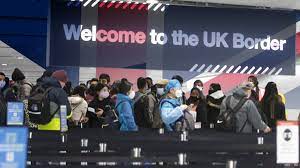
A flagship policy from the UK Government to bring down immigration has been condemned, with critics saying it could hit Wales particularly badly.
As of January 2024, international students will not be permitted to bring family members with them while they study in the UK – unless they are studying in postgraduate research courses (e.g. research-based PhDs and research-based master’s programmes).

This is a key measure by Rishi Sunak’s government to bring down immigration numbers, which in his words are “just too high”.
Recently it was revealed that the UK’s net migration figures reached a record level with data from the Office for National Statistics (ONS) showing that in 2022 an estimated 1.2 million people arrived in the UK, while only 557,000 left.

However the higher-education sector depends now more than ever on fees from international students (who may be put off coming in the future),
Wales provides more courses per capita which are filled by international students than most other comparable parts of the UK and there is a long history of higher-education, so the effect on the country could be especially worrying.
Last year the prestigious Russell Group of universities (which includes Cardiff University [CU]) said that institutions were making a loss of £1,750 a year teaching each home student because tuition fees have remained almost static for 10 years and did not keep pace with inflation, so they had to turn to foreign students.
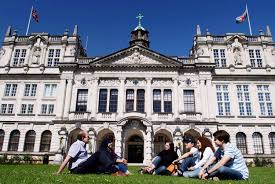
On average, universities will be losing £4,000 a year on every UK undergraduate by 2024, the organisation declared, and experts believed some may end up pulling out of teaching UK students altogether, to focus entirely on international students.
There could also be an unfortunate knock-on effect for the Private Rental Sector (PRS) (which is a particular driver of economic growth in Wales), as a lot of properties are let to international students.
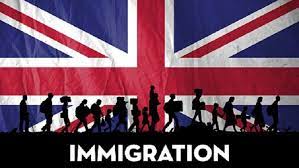
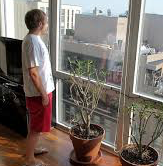
One Cardiff landlord said: “This is complete madness. Those politicians don’t know what they’re doing. Around a quarter of my flats are rented to international students, but they may now stand empty.
“Those students won’t come because the environment is unfriendly, so properties won’t be built and fewer people will want to get involved in providing homes to rent.
“This is coming at a time when the government wants MORE homes, not fewer!”
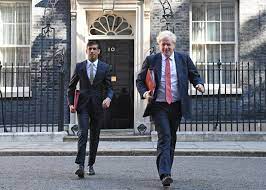
The higher immigration figures have also been created by factors which the UK Government is itself responsible for.
The vast majority of immigrants now come from outside the EU, and the Brexit campaign was, of course, led by former Tory Prime Minister Boris Johnson.
The UK Government has also been at the forefront of throwing open the doors to Ukrainian and Hong Kong migrants (understandably).
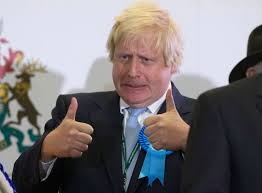
These have been a major part of the higher-than-expected immigration levels which are seen as such a political liability.
Mr Johnson said that he would “willingly” implement one of the “biggest changes in our visa system in British history” to offer nearly three million Hong Kong residents extended visa-free access to Britain and the chance to obtain citizenship.
“Britain would then have no choice but to uphold our profound ties of history and friendship with the people of Hong Kong”, he has proclaimed.
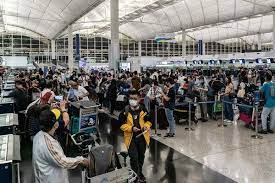
“… about 350,000 of the territory’s people hold British National (Overseas) passports and another 2.5 million would be eligible to apply for them.
“At present, these passports allow visa-free access to the United Kingdom for up to six months.”.
The offer of a path to British citizenship to Hongkongers was driven by the then Home Secretary Priti Patel, along with the Foreign Secretary at the time, Dominic Raab (who both have an immigrant heritage).
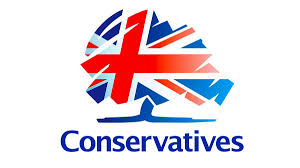
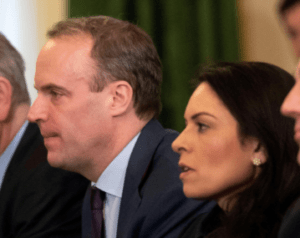
Ms Patel’s parents were among Asians allowed to flee repression in Uganda in the 1970s, while the former Foreign Secretary’s Jewish relations fled Czechoslovakia in 1938.
The UK Government, though, appears proud of its tough approach, even though both the Prime Minister and Home Secretary (who have been prime movers) both have an immigrant background.
It has described the new policy as the “single biggest tightening measure a government has ever done”, and Suella Braverman, who also, ironically, has an immigrant family background, and is a relative hardliner on the need to reduce immigration to the UK, stated: “We expect this package to have a tangible impact on net migration”.
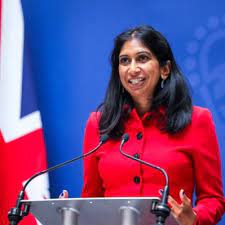
She has said the new rule is “the fair thing to do to allow us to better protect our public services, while supporting the economy by allowing the students who contribute the most to keep coming here”.
But this rule barring people bringing family members with them is not the only policy.
Ms Braverman also announced that international students who are not banned from bringing dependants will nonetheless face a higher burden of proof to show they can “look after themselves and their dependants”.

Politicians like her are keen on looking tough, but are perhaps unaware of severe unintended consequences, especially when critics say they champion policies which may hit Wales particularly badly.
The memories of our Editor, Welshman Phil Parry’s astonishing decades-long award-winning career in journalism (during which he has reported numerous controversial political stories) as he was gripped by the rare disabling condition Hereditary Spastic Paraplegia (HSP), have been released in a major book ‘A GOOD STORY’. Order it now

Regrettably publication of another book, however, was refused










